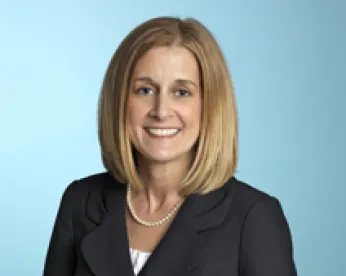At long last, the Office of Inspector General for the Department of Health and Human Services (OIG) and the Centers for Medicare & Medicaid Services (CMS) have finalized regulations amending the Anti-Kickback Statute safe harbor and the Stark Law exception, respectively, for donation of electronic health records (EHR) items and services.
As I explained in a previous post, CMS and OIG had proposed to extend the sunset date to December 31, 2016, but, according to the final rule, compliant donations will be permitted through December 31, 2021. This date coincides with the end of the Medicaid incentive program. Although some commenters advocated for a permanent exception, the agencies believe that the sunset date is necessary to ensure adoption of interoperable EHR technology in the near-term and to guard against “inappropriate donations” that “lock in data and referrals between a donor and physician recipient, among other risks.”
Independent laboratories undoubtedly are relieved that the agencies chose to prohibit a “laboratory company” from making EHR donations under the safe harbor and the exception. This change is a significant victory for the American Clinical Laboratory Association, the College of American Pathologists, and other industry groups. In the proposed rule, the agencies announced that they were considering whether to limit the scope of “protected donors,” but neither made a specific proposal. The final rule specifically excludes only laboratory companies based on, as stated by CMS, “concerns articulated by commenters and the wide-ranging support from the entire spectrum of the laboratory industry (from small, pathologist-owned laboratory companies to a national laboratory trade association that represents the industry’s largest laboratory companies).” The agencies noted that the safe harbor and exception do not allow a donor to take into account the volume or value of referrals or other business generated between the parties, and they encouraged anyone with information about non-compliant arrangements to contact the OIG’s fraud hotline.
Acknowledging that ”problematic donations involving laboratory companies are [not] solely the result of questionable conduct by laboratory companies,” the agencies noted that the conduct of physician recipients also raises concerns. A number of commenters also implicated EHR technology vendors, who reportedly are encouraging physicians to seek out EHR donations from laboratory companies and are charging higher prices for their products because physicians are not footing the entire bill.
CMS’s final rule and the OIG’s final rule are currently on display for inspection and are expected to be published in the Federal Register on December 27th.




 />i
/>i

